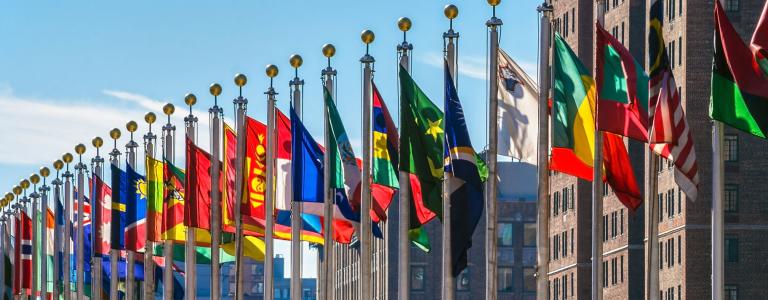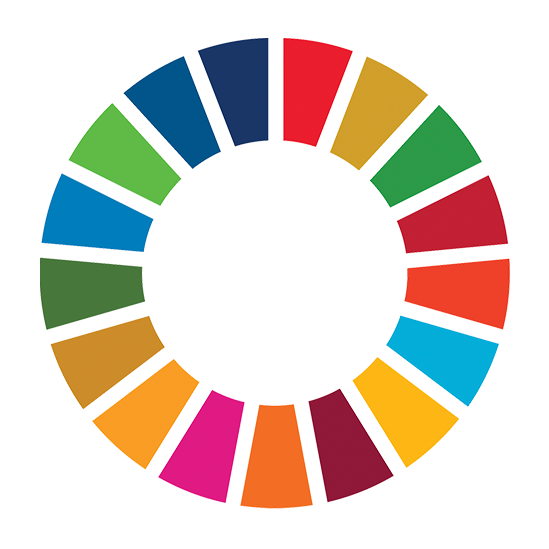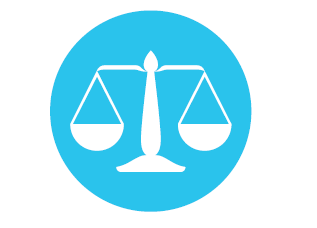Governance and Multilateral Agreements
The frameworks that govern global economic activity and international environmental governance touch every aspect of our lives – from our internet data privacy, to how countries share knowledge about food, to our ability to buy affordable, safe products in line with social and environmental norms.
While the number of multilateral agreements and governance frameworks abound, they vary on multiple levels. They cover different topics, from monetary policy to international trade, chemicals management to climate change. They have different memberships that do not fully overlap, and each have their own types of obligations. They also have varying legal implications, with some taking a “soft law” approach without enforcement mechanisms, while others take a “hard law” approach with the prospect of sanctions for non-compliance.
At IISD, our work on governance and multilateral agreements involves working with countries, regional and international institutions, academics, and civil society representatives to better understand these systems and their implications for sustainable, inclusive development. We consider issues such as policy coherence and conflict; governance gaps and overlaps; transparency and accountability; and the implications of these frameworks for national and regional policy space. We advise governments, hold expert meetings, participate in international forums, document and analyze negotiations, and conduct in-depth research into trends, reform options, and best practices.
Blog

"Electrify, Baby, Electrify": In 2025, governments must choose a safer world
President Trump campaigned on the slogan “drill, baby, drill,” yet, the case for transitioning from fossil fuels to clean energy has never been stronger.

Five Key Priorities to End Fossil Fuel Subsidies in Canada
As the G7 president in 2025, Canada has a pivotal opportunity to lead by fully phasing out fossil fuel supports and investing in a cleaner, more equitable future. Here are five recommendations for effective subsidy reform.

IISD's Best of 2024: Articles
As 2024 draws to a close, we revisit our most read IISD articles of the year.

IISD's Best of 2024: Publications
As 2024 draws to a close, we revisit our most downloaded IISD publications of the year.

The Cost of Fossil Fuel Reliance
Government support for fossil fuels reached at least USD 1.5 trillion in 2023, new data shows.

Ending Export Credits for Oil and Gas: How OECD countries can end 2024 with a climate win
For a year now, Organisation of Petroleum Exporting Countries (OECD) governments have been negotiating an agreement that could put an end to oil and gas export finance. Following the acrimony in Baku, this would be a very real way for the OECD to show policy coherence, respond to calls from the poorest countries to stop subsidizing fossil fuels, and shift public finance to solutions.
Related content
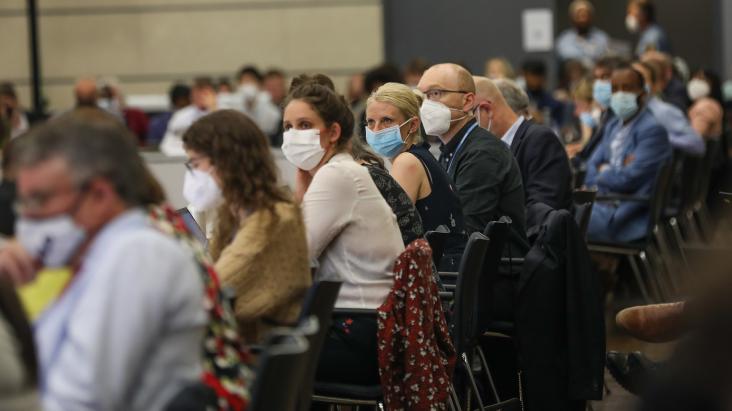
What Does an Inclusive Global Stocktake Look Like for Civil Society?
The inaugural Global Stocktake will conclude at COP 28 in 2023. With the process well underway, the current and upcoming phases of the Global Stocktake must be open and inclusive in order to succeed.
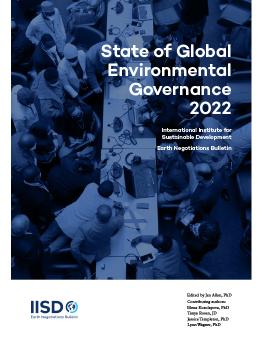
The State of Global Environmental Governance 2022
Our reporting team explores global environmental diplomacy wins and misses as in-person talks resumed in full force in 2022.

The Global Biodiversity Framework's "30x30" Target: Catchy slogan or effective conservation goal?
In the lead-up to COP 15, we take a closer look at one of the key targets included under the proposed Global Biodiversity Framework.
Latest
You might also be interested in

Public Procurement
Government purchasing power should be leveraged towards buying the most sustainable goods, services, and works.

Investment Law & Policy
How can we ensure developing economies attract international investment that promotes sustainable development?

Trade
IISD’s work shapes trade policy so it advances sustainable, low-carbon development.
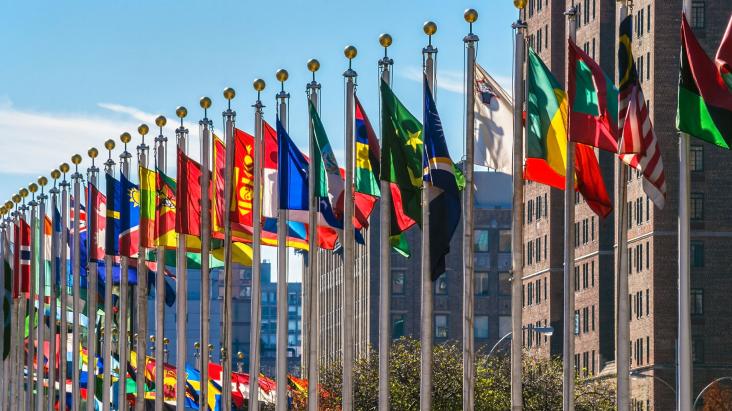
Governance and Multilateral Agreements
The frameworks that govern economies and our ecosystems touch every aspect of our lives—and have implications for sustainable, inclusive development.
